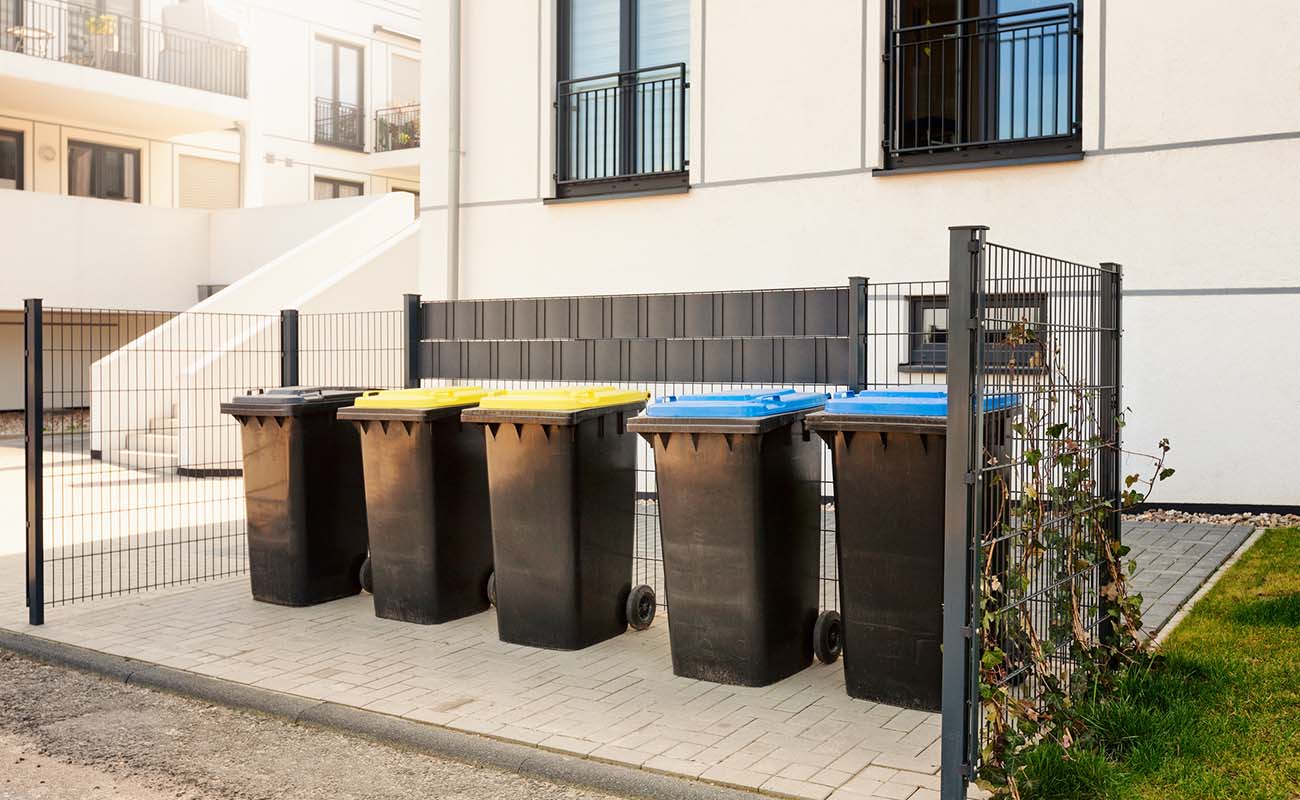Making Retail Projects Work
The retail industry, like many others, thrives within a fluid marketplace. However, this constant state of flux makes project management in retail challenging at the best of times.
But what project management techniques work, and what strategic business solutions can be applied? What specific skills do project managers in this competitive field need to have?
What makes retail project management different?
Project management in any industry is faced paced, but there are specific challenges within retail that project management training will often take into account of;
- In a highly competitive environment – locally, nationally, and globally, the retail industry stage is full of competitors all vying for their slice of the market. Project managers need to have a skill set that meets these competitive elements.
- A high-profile industry – from fashion to homeware, designer brands, and more, retail is the most high-profile of all the industries. Mistakes and errors are glaring, and so, as the project manager, you’ll be keen not to attract the wrong attention.
- Influences and impacts are felt across a range of other sectors and industries – stakeholders in retail are many and varied. So decisions made as part of retail projects can impact many people and other businesses. As PM, you’ll need to balance all these competing needs and desires.
- Connects with various stakeholders – as a result of the above point, you’ll need a varied stakeholder group as a project manager too. You’ll need to simultaneously understand stakeholders and their wants as you drive a retail improvement project to the finish line.
- Speed – You’ll need a speedy response within retail project management in a fast-paced environment. You’ll need to do this with the right skills, which is why specific retail project management courses are essential if you plan on moving into this field.
What species are the project management skills needed for retail improvement projects?
Understanding the retail environment, its complexities, challenges, and opportunities are key project management skills specific to a retail situation. But what are these skills? And why do you need them?
Change driving by strong decision-making
Project management within retail is essentially about facilitating change. Retailers must constantly innovate and create, neither of which comes without challenges or risks.
Understanding these is not enough – a project manager needs to drive through the project and opposing challenges and embrace opportunities with strong decision-making.
All too often, retail improvement projects are ‘all talk with no action.’ The work needs to ‘get done’ because not doing so means benefits will not be realized. Project management drives the change that a retail brand needs to happen. The current depth of crises affecting the retail industry makes this more important than ever.
Projects in retail must be valuable and relevant.
Driving change is one thing, but if the project has no value or relevance, it wastes time and resources. The retail industry is constantly in flux, but globally, nationally, and locally, many retailers are on a knife edge.
The retail industry faces an often unique set of battles at the mercy of economic fluctuations, not just locally but globally. Some brands survive to fight another day; others will not. Change and innovation can be the saviors of some brands.
For others, it can be a misplaced adventure, a monumental waste that becomes the final nail in the coffin. As a project manager within retail, you’ll need to recognize if a project is of value and when it is now relevant.
A project manager will essentially measure a project, determining its value and benefits not just against the backdrop of the industry but also against the company’s goals and overall growth strategy.
Effective risk management strategies for high-profile testing
Driverless vehicles are being tested. Checkout-less stores are also being tested, shopping locations where customers collect the items they want in the store and walk out with them. There are other examples of high-profile tests within retail – and they all attract attention.
The problem is when these high-profile tests fail – when the driverless cars crash, for example, or when there are huge losses through theft and similar negative outcomes. The naysayers and the critics all line up to deliver their damning verdict.
The results for the retailer are rarely good. Their reputation takes a knock, which can be so impactful it affects the company for years to come. It can put back projects they were relying on to build and expand their brand.
That said, some high-profile test ‘failures’ are put to good use by some, with the results painting a picture that becomes the basis for future success. These high-profile tests mean that risk management strategies need to be strong for project managers because no matter how transformative the retail project is, people are watching and waiting.
Lean and agile project management is a must.
Project management training focuses on tried and tested project management skills and methods and introduces the need to innovate so processes meet the needs of projects. Within retail, lean and agile project management is just as important.
For example, Lean or Lean Six Sigma are project management methodologies often taught in project management courses that seek to improve processes. Agile is the concept of remaining flexible within project management so that deliverables are delivered in the face of challenges and opportunities.
Earning the Advanced Technical Leadership Certificate can enhance an individual’s ability to manage successful projects in dynamic retail environments.
How critical is effective project management in retail?
In a nutshell, effective project management within the ever-changing world of retail is essential. Transforming a retail environment in an adverse business environment is no easy feat. But it can – and has been – done.
Knowing the challenges and how to best rise to them underpins successful project management and understanding the relevance, value, need, and benefit of such a project. And that means honing project management skills with specific retail sector knowledge.




















